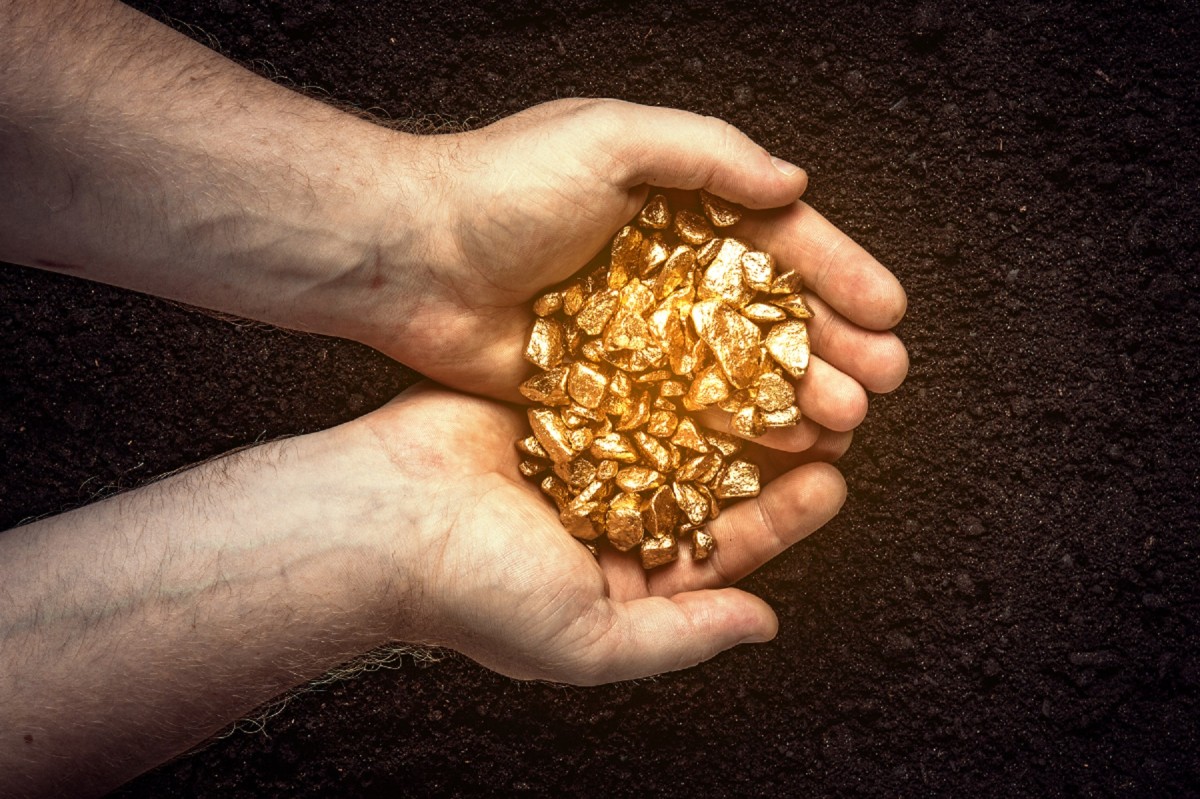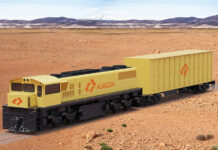Promising gold recovery achieved from e-waste

Up to 70% of the contained gold in electronic waste (e-waste) has been recovered in initial tests of MTM Critical Metals’ (ASX: MTM) flash joule heating (FJH) technology.
The FJH technology works by ‘flash’ heating e-waste in a chlorine gas atmosphere, vaporising the target metals such as gold for efficient separation and collection via metal chlorides.
This process is highly scalable and environmentally friendly, offering a sustainable and energy efficient alternative to traditional methods of recovering metals from e-waste such as smelting and chemical leaching which are considered energy intensive, environmentally harmful and economically inefficient.
E-waste is one of the fastest-growing components of solid waste with over 60mt produced per year, of which only around 20% is recycled.
MTM chief executive Michael Walshe commented on the results.
“FJH has proven to be an efficient and sustainable solution for recovering gold from low-grade e-waste, with future test to focus on higher metal content material as it becomes available,” he said.
“As global e-waste levels rise and the demand for greener metal production increases, particularly in the face of an acid shortage, FJH presents a cleaner and more efficient alternative to traditional methods.
“This technology holds the potential to unlock significant economic value through environmentally responsible metal extraction, delivering lasting benefits for shareholders, the industry and the environment.”
E-waste is rich in precious metals and often surpasses traditional ore bodies in metal content.
For example, printed circuit boards can contain up to 400g of gold and 6kg of silver per tonne, TV boards have 280g of silver, 20g of gold and 10g of palladium per tonne and computers have up to 600g of gold and 2000g of silver per tonne.
Following successful lab-scale results from the FJH technology, prototype testing will follow with plans already underway for a commercial-scale facility.






















